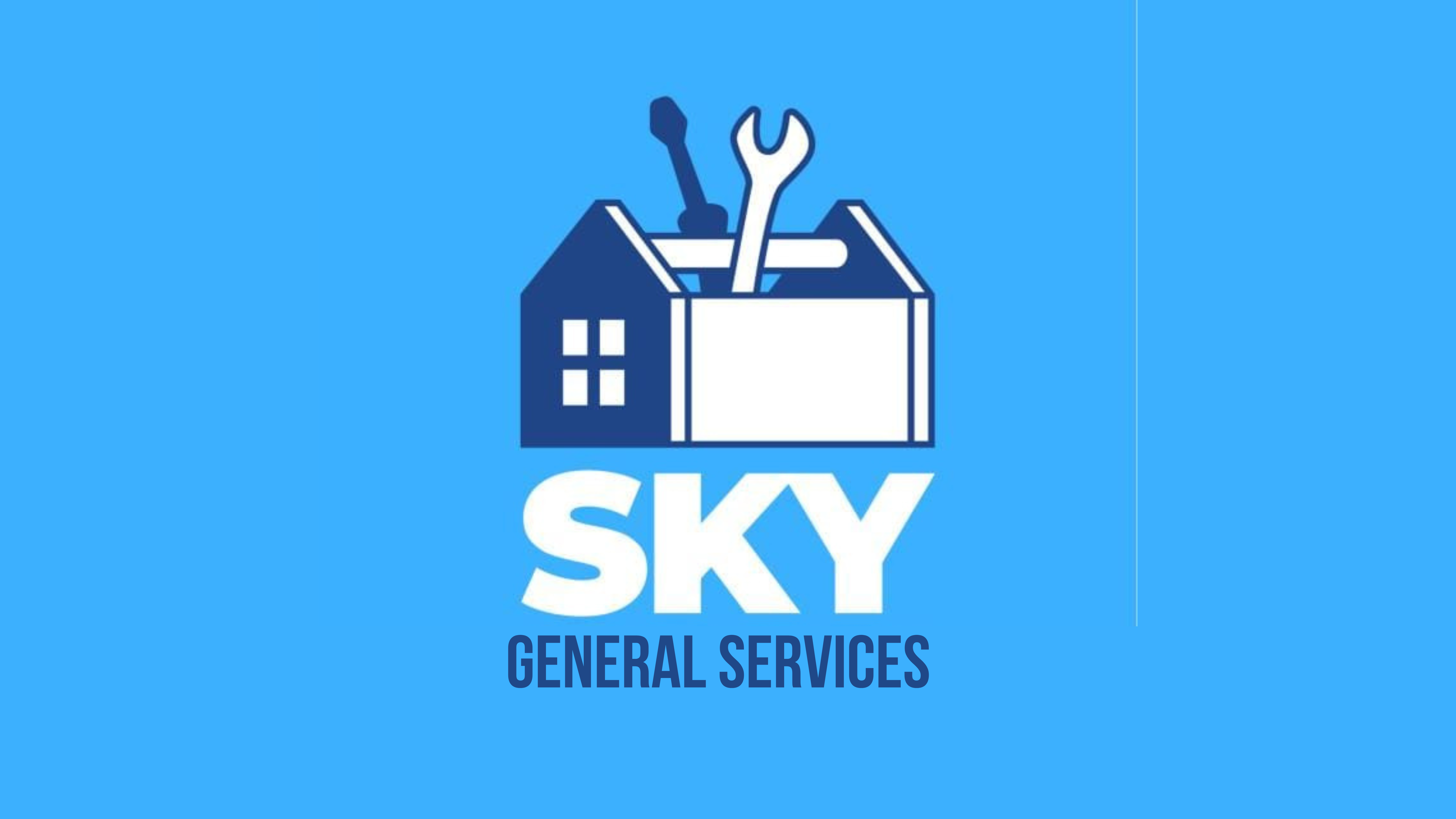What is Home Equity?
Índice
Home equity refers to the portion of a homeowner’s property that they truly own. It is calculated by taking the current market value of the home and subtracting any outstanding mortgage balances. For instance, if your home is valued at $300,000 and you owe $200,000 on your mortgage, your home equity would be $100,000. This equity can serve as a valuable financial resource for homeowners seeking to leverage their property’s value for various purposes.
The Importance of Home Equity
Understanding home equity is crucial for homeowners and real estate investors alike. It represents not only a financial asset but also a potential source of funding for home improvements, renovations, or debt consolidation. As property values increase, so does home equity, allowing homeowners to capitalize on their investment. This concept is particularly relevant in the construction segment, where equity can be reinvested into home improvements that enhance both aesthetics and property value.
How to Build Home Equity
Building home equity is a process that can be achieved through several methods. One primary way is by making regular mortgage payments which gradually decrease the principal balance. Additionally, increasing the value of the home through renovations, such as siding repair or kitchen remodeling, can significantly boost equity. Homeowners can also benefit from natural market appreciation, where the overall real estate market increases in value, thereby enhancing their equity position.
Home Equity Loans and Lines of Credit
Home equity can be accessed through home equity loans or lines of credit (HELOCs). These financial products allow homeowners to borrow against their equity for various needs, such as home improvements or major purchases. Home equity loans typically offer a lump sum with a fixed interest rate, while HELOCs function more like credit cards, providing a revolving line of credit based on the equity available in the home. Both options can be beneficial for homeowners looking to fund renovations that improve property value.
Impact of Home Equity on Property Value
Home equity plays a significant role in determining property value, especially in the context of home improvements. By investing in quality renovations, such as painting and siding replacement, homeowners can enhance the aesthetic appeal and functionality of their properties. These improvements not only make living spaces more enjoyable but also contribute to an increase in market value, thus positively impacting overall home equity.
Transform Your Home with Expert Renovation Services
Upgrade your home with professional siding repair, painting, deck renovation, kitchen, and bathroom remodeling. Quality craftsmanship for lasting beauty and value. Get your free quote today!
Get a Free EstimateFactors Affecting Home Equity
Several factors influence home equity, including market conditions, the local real estate environment, and individual property maintenance. Economic indicators such as interest rates and housing demand can impact home values significantly. Homeowners should be aware of these factors, as they can affect the amount of equity available for refinancing or borrowing against the home.
Home Equity and Real Estate Investment
For real estate investors, understanding home equity is essential for maximizing investment returns. Investors can utilize home equity to finance additional properties or fund major renovations that will increase rental income potential. By effectively managing equity, investors can enhance their portfolio and capitalize on market opportunities, making informed decisions in the competitive real estate landscape.
Equity in the Context of Home Renovation
When considering home renovations, tapping into home equity can provide the necessary funds to enhance living spaces. Homeowners can strategically plan projects, such as kitchen and bathroom remodeling, to ensure that they not only meet personal aesthetic preferences but also contribute to a higher property valuation. Investing in quality renovations can lead to a significant return on investment, strengthening the homeowner’s equity position.
Conclusion
Home equity is a powerful financial tool that homeowners can leverage for various needs. By understanding and optimizing this equity, individuals can make informed decisions about home improvements, renovations, and real estate investments that enhance both their living environment and financial standing.
